Welcome to Listening In on Pandemic Life, a new ten-part monthly blog series curated by CASE in which artists, scholars and designers offer short reflections on their sonic experiences across the past 18 months of living under the shadow of COVID-19. The pandemic continues to affect everyday life on a global scale. Our sonic, visual, emotional, political, and economic realities shifted dramatically in the early months of the closures, and are evolving tangibly as the months pass. Many acoustic ecologists, artists and researchers have already noted the changing features of local soundscapes as a result of pandemic measures: less noise, new soundmarks, and most of all a newfound significance in the daily rhythms of life. Our aim in this series is to extend beyond the initial reactions to the sonic effects of reduced global movement and consider the lingering effects of our new reality as the world opens back up while the virus continues to propagate. This is our contribution to growing conversations about soundscape ecology and sonic cultures in (post)-pandemic times.
In this sixth entry to the series, sonic ethnographer (and series co-editor) Milena Droumeva reflects on the “contradictory affects of the pandemic” through their manifestation in the soundtrack to the post-apocalyptic video game The Last of Us Part II, a fitting marker of how we experience the world in these increasingly virtual times. – Editors Milena Droumeva and Randolph Jordan
____________________________________________________________________
The covid-19 pandemic has affected people in ways that we will be processing for some time to come. We have all had to find ways to cope with the relentless home dwelling and low-level stress of uncertainty; and this, in the most privileged of cases where survival or safety isn’t at stake. While most friends around me retreated into the cheerful world and breezy soundscape of Animal Crossing I spent many months listening actively to the unfolding spring drama of Vancouver’s bird life and the evolving social mores of ‘distanced’ street hollering in my neighbourhood. But as the pandemic stretched on, I found unexpected gratification in the decaying world of Last of Us Part II– a post-pandemic survival game.
Having recently finished the game I still feel haunted by its eerie post-anthropocene atmosphere manifest in vast landscapes of long decayed abandoned buildings, overgrown nature, and the melancholy of original southern guitar soundtrack written by Gustavo Santaolalla & Mac Quayle. The combination of thriving post-human natural life and sorrowful guitar tunes form the unique emotional tone of the game environment. Cat Goodfellow suggests, in First Person Scholar, that dystopian play narratives give us a sandbox opportunity to rebuild the world in a different way. She argues that reframing the relationship away from protagonist and story to the “necropastoral” affects of the post-apocalyptic environment provides generative new forms of play and imagination.
I think one of the most poignant moments in the series for me was in the first Last of Us when Ellie and Joel go through an abandoned hotel, half-submerged in the floods of Seattle. As Joel goes through empty banquet rooms, buffet tables still with plates and utensils on them, left unfinished as if frozen in time when the pandemic wiped humanity. In the lobby of the same hotel, while rummaging through the decaying remains of the stairs and lobby bar, a bright sun ray shines through lush greenery, and the game offers you – the player – a most vibrant chorus of birds, both local and tropical; feathered survivors of humanity’s demise. In that moment the game’s affect powerfully resonated with my real-world feelings about the loss of normalcy in 2020. A moment of sonic pleasure in the midst of eerie quietude and uncertainty: a refrain of (sub)urban North American existence. The ominous clicking sound of the infected starkly contrasts with these moments of pleasure: while clicks are a natural form of echolocation the distorted reverberant sound here is a reminder that something terrible has happened.
Sarah Ahmed talks about sticky affect, about how certain concepts, certain imaginaries have affect already associated with them. This dystopian game is an unsettling clash of pre-existing affects: the pleasure of birdsong, the terror of zombie clicks and gurgles, and the already soulful gloomy atmosphere of southern country guitar. These elements somehow, for me, encapsulate the contradictory affects of the pandemic. I’m obviously not the only one: YouTube has whole libraries of ambient videos of the game set to the soundtrack; a way to just immerse oneself in the world without having to survive their way out of it:
Author Bio:
Milena Droumeva is an Associate Professor and Glenfraser Endowed Professor in Sound Studies at Simon Fraser University specializing in mobile media, sound studies, gender, and sensory ethnography. Milena has a background in acoustic ecology and works across the fields of urban soundscape research, sonification for public engagement, as well as gender and sound in video games. Current research projects include sound ethnographies of the city (livable soundscapes), mobile methods, critical soundmapping, and sensory ethnography. Check out Milena’s Story Map, “Soundscapes of Productivity” about coffee shop soundscapes as the office ambience of the creative economy freelance workers. Milena is part of the International Community on Auditory Displays, an alumni of the Institute for Research on Digital Learning at York University; also, they serve on the board for the Hush City Mobile Project founded by Dr. Antonella Radicchi, as well as WISWOS, founded by Dr. Linda O Keeffe.
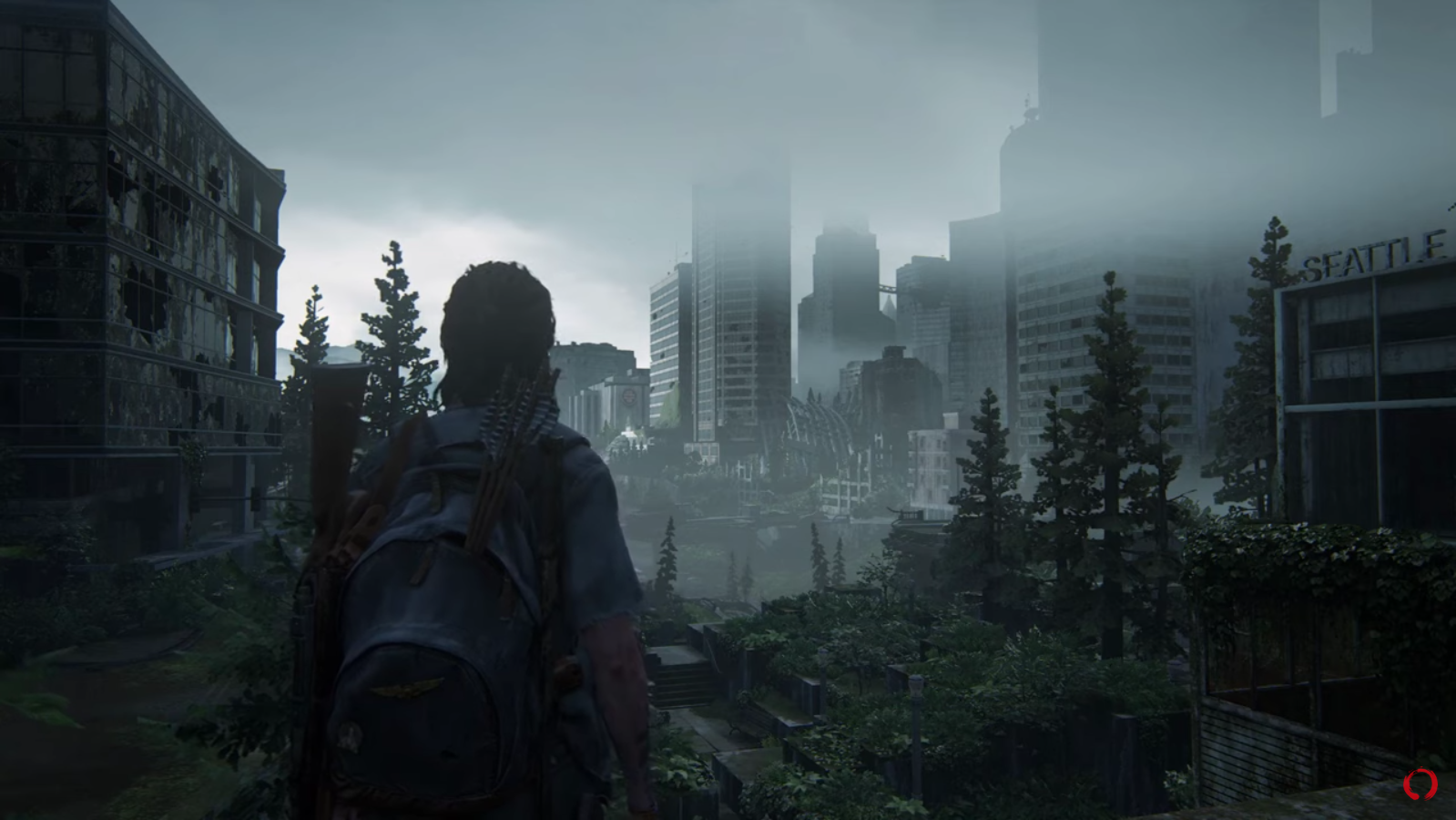
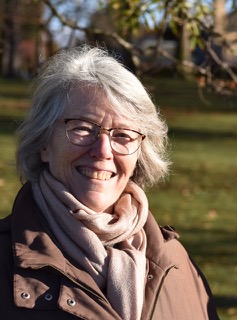
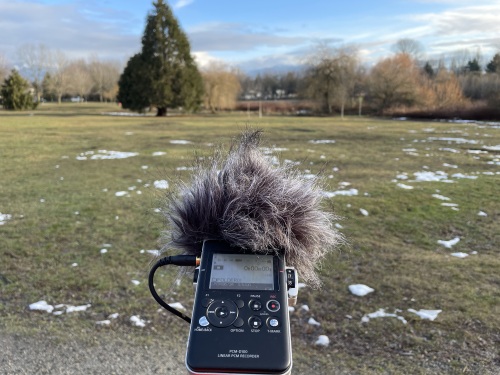
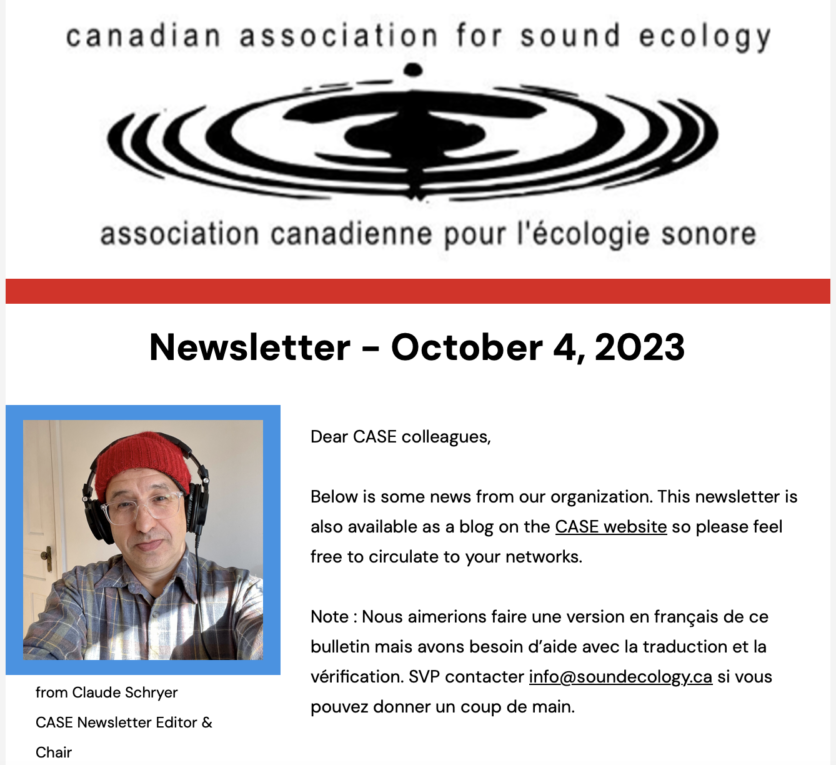

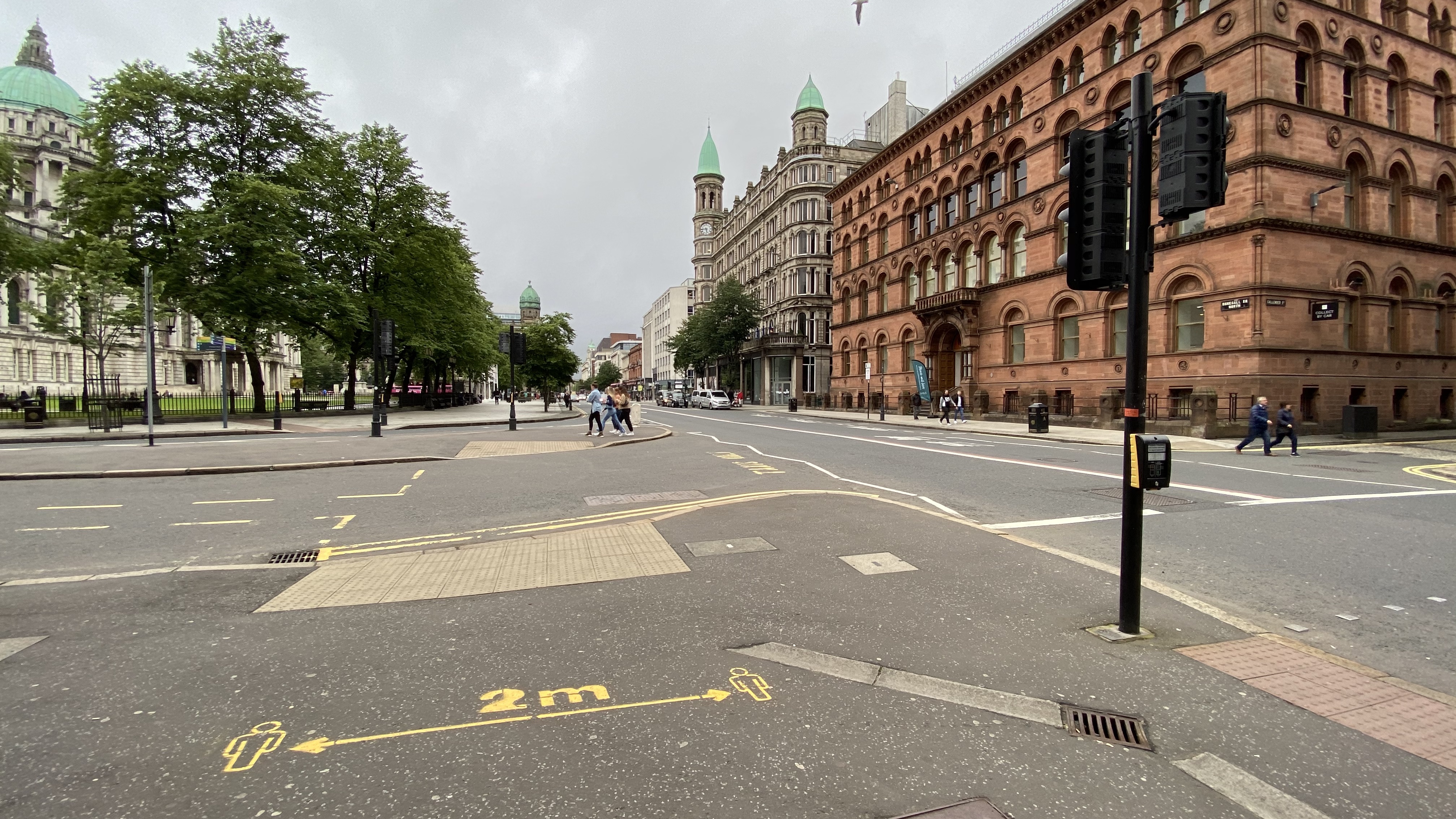
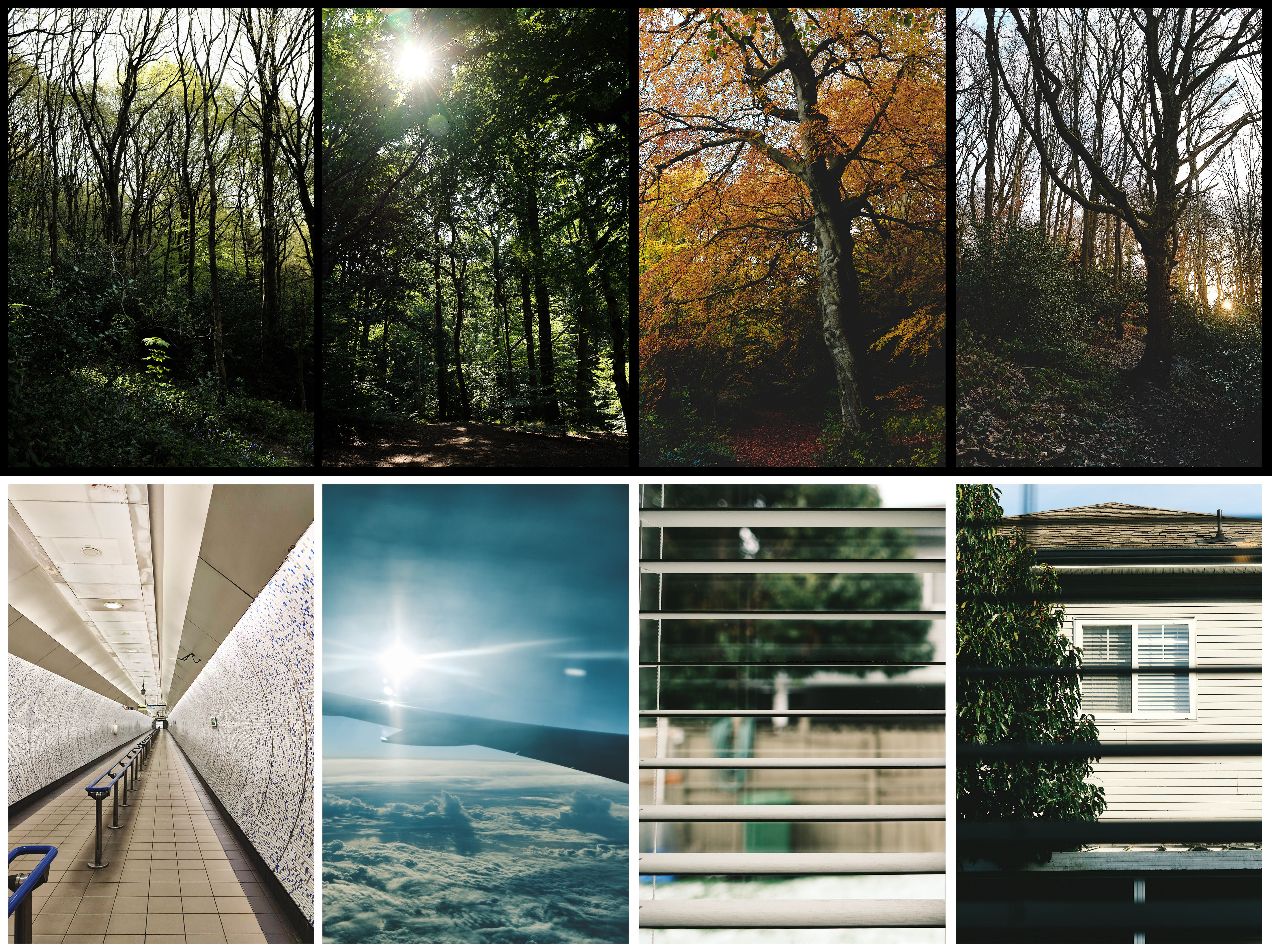
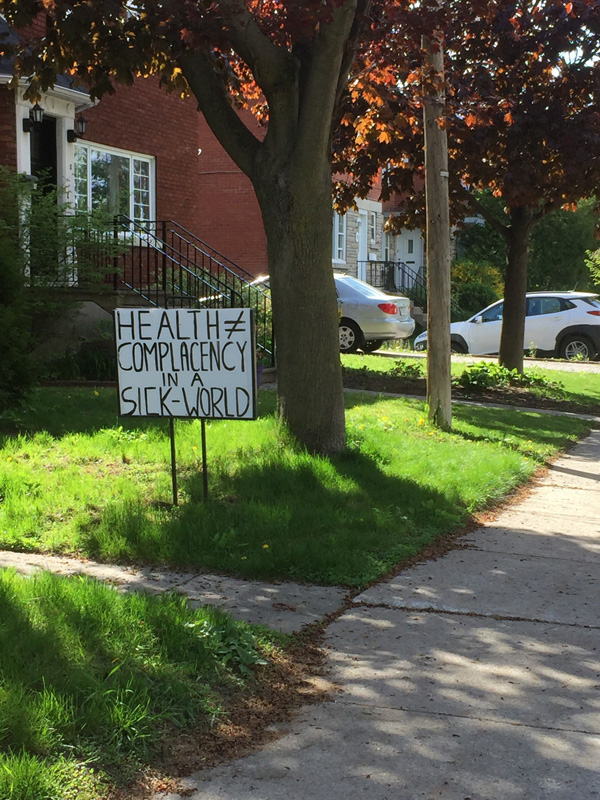

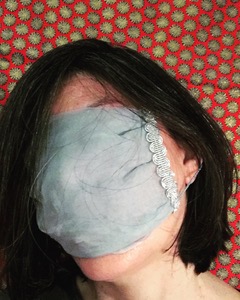
Leave a Reply